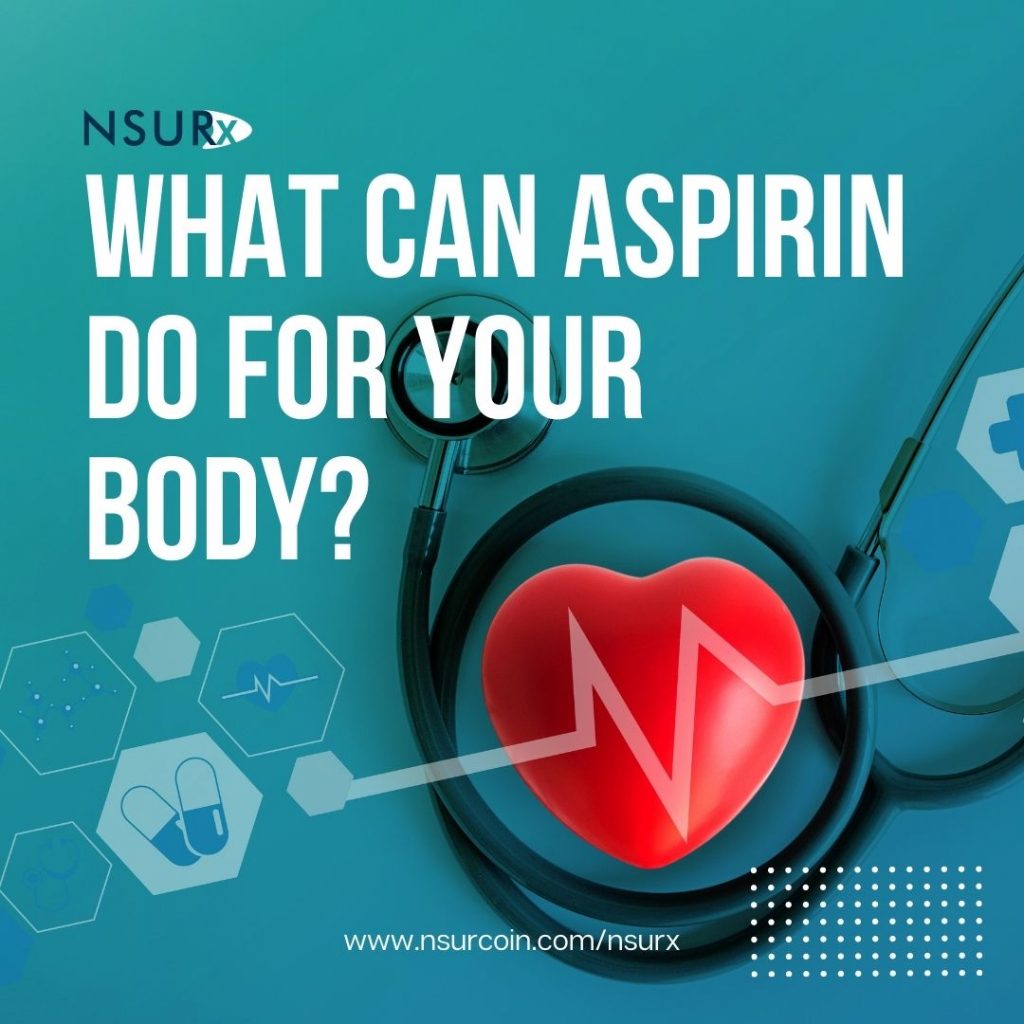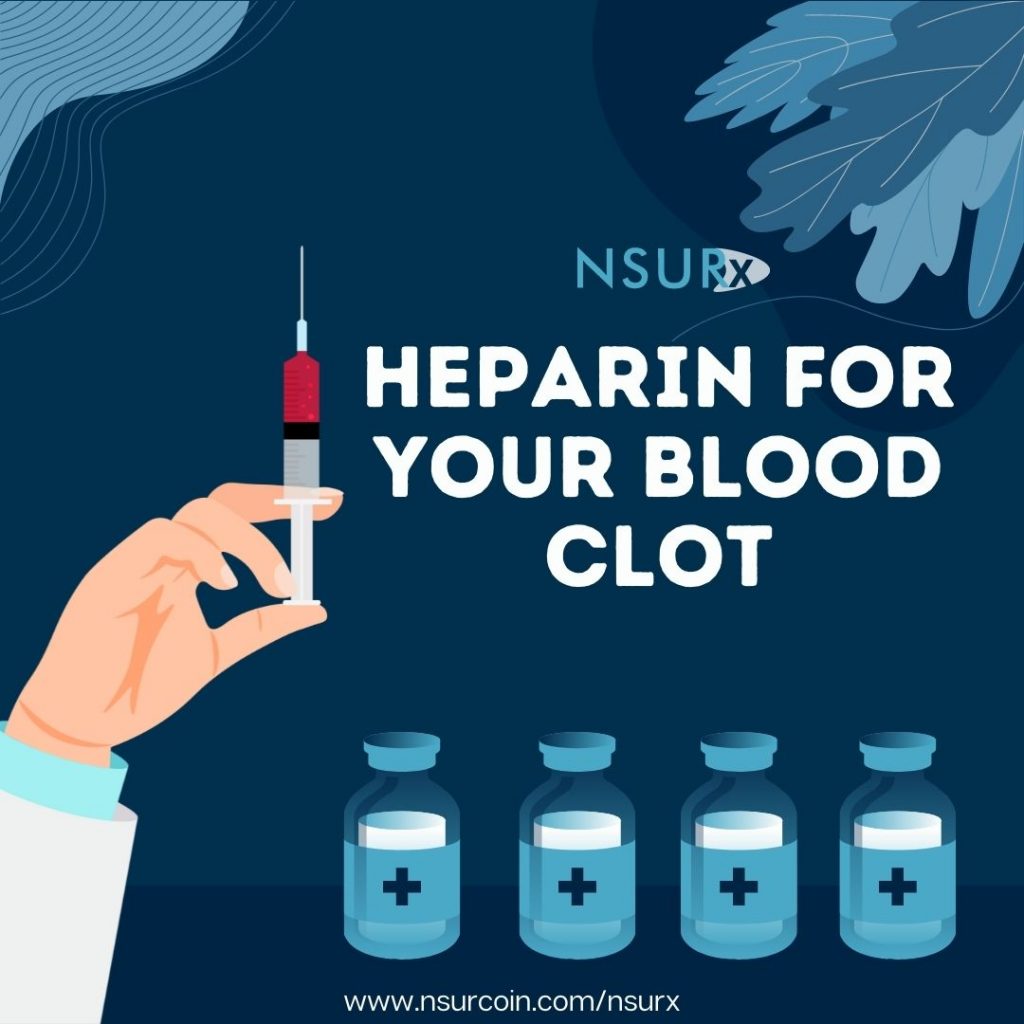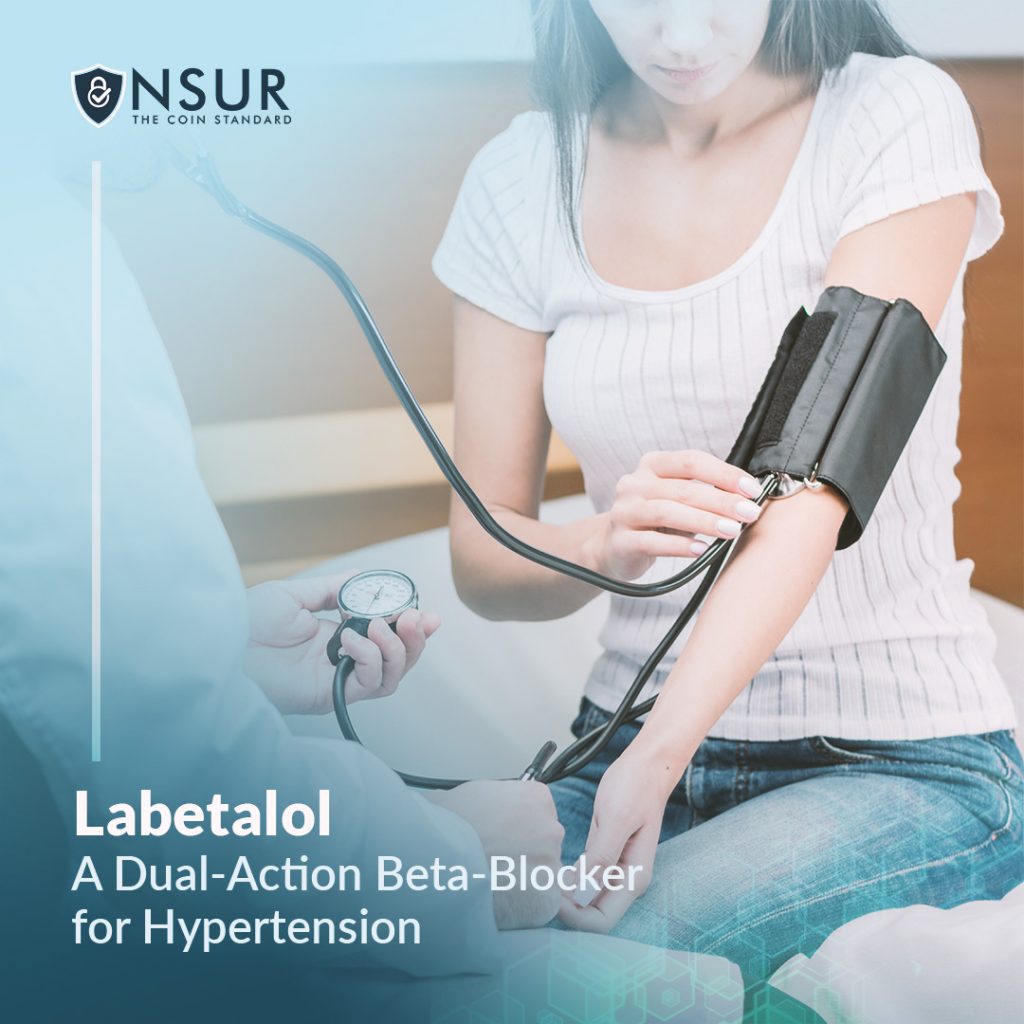
Aspirin is an example of a Nonsteroidal Anti-inflammatory Drug (NSAID). It was the first of its kind to be discovered.
NSAIDs are medications that are commonly used to treat pain, reduce inflammation, and lower a fever. They’re frequently used to treat headaches, painful periods, sprains and strains, colds and flu, arthritis, and other long-term pain conditions.
Aspirin reduces pain and swelling by blocking a natural chemical in your body. Aspirin is used to treat fever and mild to moderate discomfort caused by illnesses such as muscle aches, toothaches, the common cold, and headaches. It may also be used to treat pain and swelling associated with illnesses such as arthritis.
What dosages and forms of Aspirin are available?
The following are available dosages and forms of Aspirin:
Tablet
- 81 mg
- 325 mg
- 500 mg
Delayed-release tablet
- 162 mg
- 325 mg
- 500 mg
Chewable Tablet
- 75 mg
- 81 mg
Enteric-coated Tablet
- 81 mg
- 162 mg
- 325 mg
- 650 mg
Gum, chewing, oral
- 227 mg

What side effects are common with taking Aspirin?
Aspirin may cause some side effects. These side effects include:
- Stomach irritation
- Kidney problems
- Reye’s syndrome
- Severe skin reactions
Does Aspirin interact with other medications?
Aspirin may interact with other medications. These medications are:
Anti-Inflammatory Painkillers
Diclofenac, Ibuprofen, and Naproxen are a few examples of anti-inflammatory painkillers you should avoid taking with Aspirin. These medications, when used with Aspirin, can increase the risk of gastrointestinal bleeding.
Warfarin
Aspirin, when combined with this blood thinner, can diminish the anticoagulant properties of the medicine and raise the risk of bleeding.
Citalopram, Fluoxetine, Paroxetine, Venlafaxine, and Sertraline are a few examples of serotonin reuptake inhibitors and antidepressants you should avoid taking with Aspirin. Any of these, when used with Aspirin, can increase the risk of bleeding.
Methotrexate is used to treat cancer and some autoimmune illnesses. When used with Aspirin, the drug can be more difficult to remove, potentially resulting in dangerous amounts of Methotrexate.
Who should NOT take Aspirin?
Not all people can take Aspirin. Some people who have other illnesses cannot take this medication. Inform your doctor if:
- You are allergic to Aspirin or any similar painkillers such as Ibuprofen
- You have or had a stomach ulcer
- You recently have a stroke
- You have high blood pressure, asthma, or lung disease
- You had blood clotting problems
- You have kidney problems
- You have gouts
- You are pregnant, planning to get pregnant, or breastfeeding
What drugs are similar to Aspirin?
Other NSAIDs that are similar to Aspirin include:
Does Aspirin have a generic form?
Aspirin is a generic name that is prescribed to treat fever and mild to moderate pain caused by ailments such as muscle aches, toothaches, the common cold, and headaches.
What is the price of Aspirin without insurance?
The average retail price of Aspirin without insurance is $3.78.
Look up Aspirin on NSUR’s NSURx price look-up tool to find the pharmacy nearest to you with the lowest price.

How can I save money on Aspirin?
NSUR offers a prescription discount card called NSURx to help you save money on your Aspirin prescriptions.
Simply present your NSURx card to the pharmacist the next time you fill an Aspirin prescription at your local pharmacy and you could save up to 80% on your prescription costs!
Over 35,000 pharmacies accept NSURx prescriptions, including major chains like Walgreens, CVS, and Walmart and smaller, independent retailers in your neighborhood.
Call +1 (855) 917-6216 to find the nearest pharmacy to you that accepts NSURx. Most users have a pharmacy within 2 miles of their home that takes NSURx.










